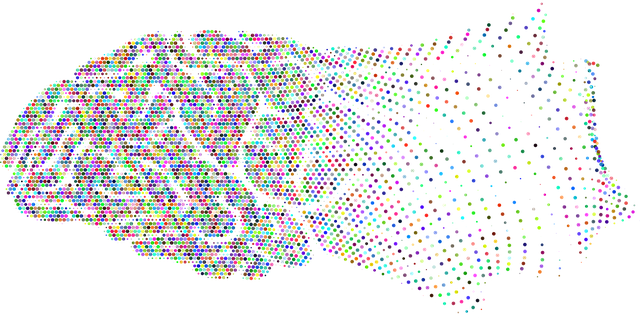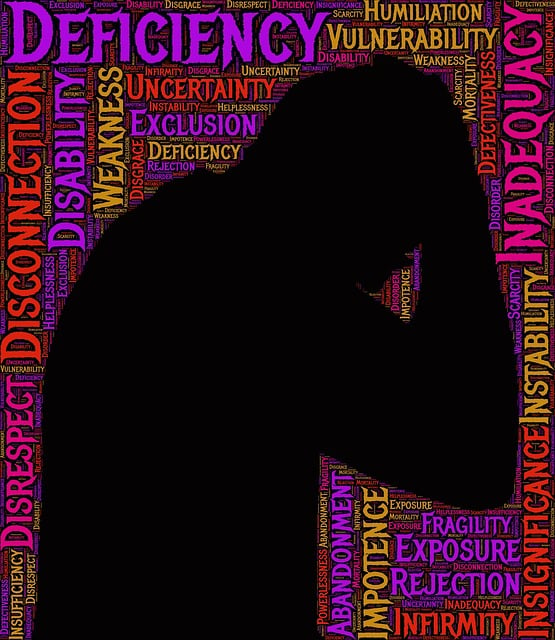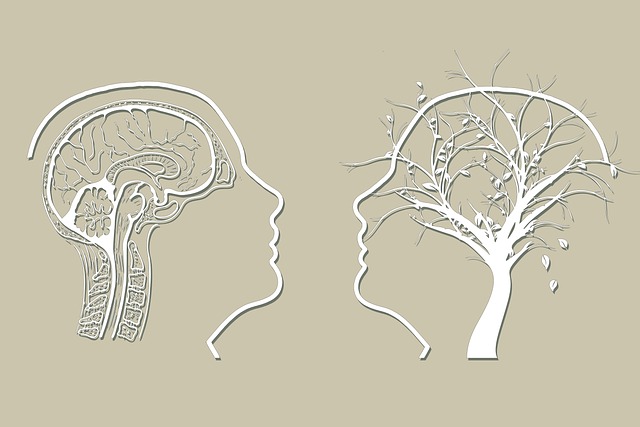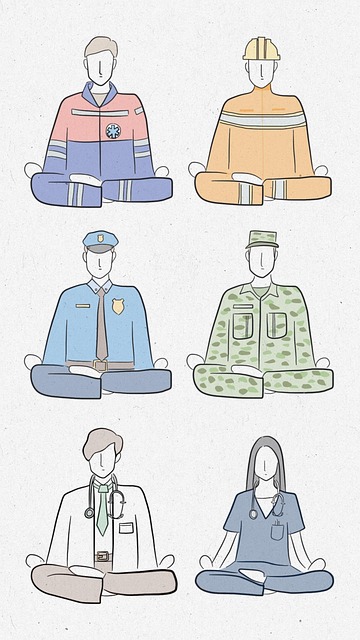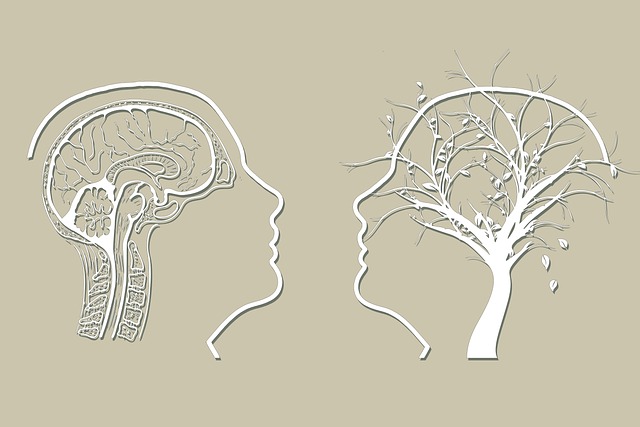Denver's mental health resources lack specialized services tailored to individuals with developmental disabilities, creating unique challenges in risk management. To address these gaps, a tailored Denver Developmental Disability Therapy approach is vital, incorporating cognitive-behavioral therapy and mindfulness practices. This structured program enhances emotional well-being by building self-awareness and coping mechanisms through interactive sessions and emotional regulation concepts. Strategic integration of Denver Developmental Disability Therapy in community centers, coupled with inclusive evaluation methods, ensures accessible and effective mental wellness coaching for all Denver residents, fostering a comprehensive support system.
In Denver, where vibrant communities coexist with unique challenges, exploring holistic mental wellness solutions is paramount, especially within the context of developmental disability services. This article delves into the development of effective coaching programs tailored for adult learners with developmental disabilities, addressing critical gaps in support. We present strategies for designing inclusive growth initiatives, highlighting innovative approaches to mental wellness therapy in Denver, with a focus on enhancing lives and fostering community integration.
- Understanding Denver's Landscape: Developmental Disability Services and Gaps
- Designing Effective Mental Wellness Coaching Programs for Adult Learners
- Implementation and Evaluation Strategies for Inclusive Growth in Denver's Community
Understanding Denver's Landscape: Developmental Disability Services and Gaps

Denver’s landscape when it comes to developmental disability services is diverse and complex, presenting both opportunities and challenges. While the city boasts a range of resources for mental health support, there are still significant gaps in services tailored specifically to individuals with developmental disabilities. This demographic often faces unique barriers to accessing effective therapy, such as communication differences, sensory sensitivities, and complex care needs.
The lack of specialized Denver developmental disability therapy programs can lead to inadequate risk management planning for mental health professionals, who must then adapt their practices to meet the diverse requirements of this population. Compassion cultivation practices and crisis intervention guidance become even more critical in addressing the unique challenges these individuals and their families encounter, highlighting the need for comprehensive and accessible support systems within the Denver community.
Designing Effective Mental Wellness Coaching Programs for Adult Learners

In designing effective mental wellness coaching programs for adult learners, especially those with developmental disabilities, it’s crucial to tailor strategies that address unique challenges and promote growth. The process should involve a comprehensive understanding of individual needs, incorporating techniques such as cognitive-behavioral therapy and mindfulness practices, which have proven beneficial in enhancing emotional intelligence and regulation.
For instance, a structured program in Denver Developmental Disability Therapy can focus on building self-awareness and coping mechanisms through interactive sessions. These might include group discussions centered around stress management, where participants share experiences and learn from each other. Additionally, integrating the concept of Emotional Regulation into coaching conversations enables individuals to develop strategies for handling difficult emotions, fostering a sense of control over their mental wellness. This tailored approach ensures that coaching programs cater to the specific requirements of adult learners with developmental disabilities, ultimately contributing to improved emotional well-being.
Implementation and Evaluation Strategies for Inclusive Growth in Denver's Community

In Denver, inclusive growth in community mental wellness coaching programs requires strategic implementation and evaluation. One effective approach involves integrating Denver Developmental Disability Therapy into local initiatives. This ensures that programs cater to a diverse range of needs, including those with developmental disabilities. By collaborating with specialized therapists, community centers can offer tailored Social Skills Training sessions, enhancing participants’ ability to engage in social interactions comfortably.
Evaluation strategies should encompass both qualitative and quantitative measures. Regular Mental Wellness Journaling Exercise Guidance can provide valuable insights into individuals’ progress and challenges. Additionally, risk assessment tools, such as those designed for mental health professionals, can help identify potential risks within the program, enabling prompt intervention and adaptation. This comprehensive approach ensures that Denver’s community mental wellness coaching programs are not only effective but also accessible and beneficial to all residents.
The development of effective mental wellness coaching programs tailored to adult learners with developmental disabilities is a vital step towards fostering inclusive growth in Denver’s community. By addressing gaps in services and leveraging specialized therapies like Denver Developmental Disability Therapy, we can create a supportive environment that enhances the mental well-being of all individuals. Implementation and evaluation strategies outlined in this article provide a roadmap for creating sustainable change, ensuring that everyone has access to the resources needed to thrive.



